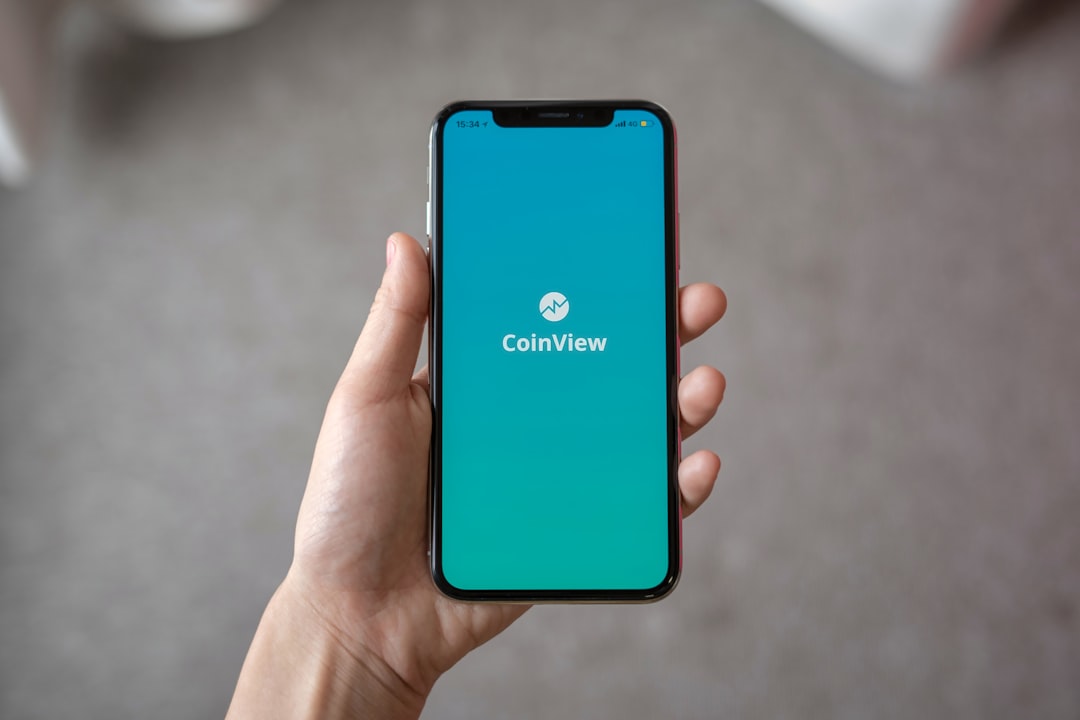Spam calls, including telesales, robocalls, and scams, are a common problem in Indiana. To combat this, residents can use Indiana's Do Not Call registry, install call-blocking apps, or adjust phone settings. Recognize and document unwanted callers, register on the National Do Not Call Registry, and limit online data sharing to reduce spam. Legally, the Telephone Consumer Protection Act (TCPA) protects against unauthorized calls, and residents can report spam to the FTC or seek advice from Indiana's Attorney General's office.
In today’s digital age, unwanted calls or spam calls have become a ubiquitous problem across Indiana. These persistent and often fraudulent calls can disrupt daily life and pose security risks. Our comprehensive guide aims to empower Indiana residents with knowledge and tools to combat this issue. We’ll explore strategies from identifying call patterns to understanding legal protections, offering practical steps on how to stop spam calls effectively.
Understanding Spam Calls and Their Impact in Indiana

Spam calls, or unsolicited phone marketing, have become a pervasive issue in Indiana, much like across the nation. These calls can be frustrating and intrusive, often falling into categories like telesales, robocalls, or scam attempts. The impact is significant—from wasted time and emotional distress to potential financial losses. In Indiana, as in many states, certain laws are in place to protect residents from these unwanted intrusions.
To stop spam calls in Indiana, individuals can take several proactive measures. These include registering on the state’s Do Not Call registry, which helps filter out most automated and telemarketing calls. Additionally, consumers can utilize apps designed to block or identify spam calls, use call-blocking features on their phones, and be cautious about sharing personal information online. By implementing these strategies, residents can reclaim control over their phone lines and find relief from the burden of unwanted calls.
Identifying Unwanted Callers and Tracking Their Activities

Recognizing unwanted callers and their tactics is the first step in protecting yourself from spam calls in Indiana. These calls, often featuring automated messages or live salespeople, can be difficult to identify at first. However, patterns emerge over time—watch for frequent calls from unknown numbers, repeated hang-ups, or prompts to press a number to stop calling.
Tracking these activities is essential. Many phone services now offer call history and blocking features that can help you identify recurring offenders. By documenting the frequency and nature of these calls, you can better understand the scope of the problem and take targeted action, such as registering your number on Indiana’s Do Not Call list or using apps designed to block spam calls.
Effective Strategies to Stop and Prevent Spam Calls

Unwanted phone calls, or spam calls, can be a persistent and frustrating issue. Fortunately, there are several effective strategies to stop and prevent them in Indiana. One of the most straightforward methods is to register your number on the National Do Not Call Registry. This federal list restricts telemarketers from calling registered numbers for marketing purposes. Additionally, consider using call blocking apps or features available on your phone. These tools can identify and block spam calls at the network level, significantly reducing their frequency.
Another powerful tactic is to be mindful of what information you share online. Spammers often gather contact details from social media profiles, public records, and other digital sources. Limiting personal data disclosures and being cautious with your number can deter spammers. Regularly updating your phone settings to restrict unknown numbers or allowing only contacts in your address book can also help. Moreover, never engage or respond to spam calls; doing so might inadvertently confirm to callers that your number is active and valid.
Legal Rights and Resources for Indiana Residents to Combat Spam

Indiana residents have legal rights and resources available to combat unwanted spam calls. According to the Telephone Consumer Protection Act (TCPA), it’s illegal for companies or individuals to make telemarketing calls using an Auto Dialer or prerecorded messages without prior express consent. If you’re receiving spam calls, you can take several steps to stop them. Start by registering your number on the National Do Not Call Registry, which can help prevent most marketing calls. Additionally, many phone companies offer call-blocking features or apps that can filter out unwanted numbers.
For more robust protection, consider seeking legal advice or reaching out to Indiana’s Attorney General’s office. They provide resources and guidance on how to file a complaint if you believe your rights have been violated. You can also use tools like *57 on your phone to block the caller temporarily or report the spam call to the Federal Trade Commission (FTC) through their DoNotCall.gov website. By taking these measures, Indiana residents can better protect themselves from annoying and illegal spam calls.






